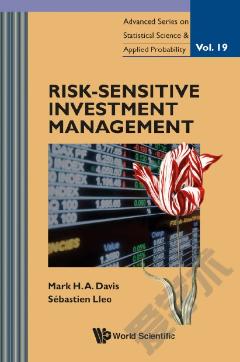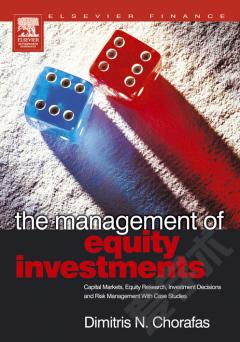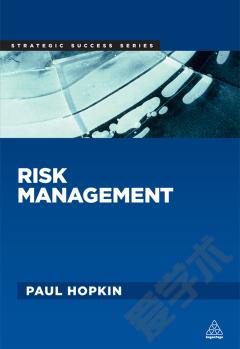Risk-sensitive Investment Management
Over the last two decades, risk-sensitive control has evolved into an innovative and successful framework for solving dynamically a wide range of practical investment management problems.This book shows how to use risk-sensitive investment management to manage portfolios against an investment benchmark, with constraints, and with assets and liabilities. It also addresses model implementation issues in parameter estimation and numerical methods. Most importantly, it shows how to integrate jump-diffusion processes which are crucial to model market crashes.With its emphasis on the interconnection between mathematical techniques and real-world problems, this book will be of interest to both academic researchers and money managers. Risk-sensitive investment management links stochastic control and portfolio management. Because of its distinct emphasis on integrating advanced theoretical concepts into practical dynamic investment management tools, this book stands out from the existing literature in fundamental ways. It goes beyond mainstream research in portfolio management in a traditional static setting. The theoretical developments build on contemporary research in stochastic control theory, but are informed throughout by the need to construct an effective and practical framework for dynamic portfolio management.This book fills a gap in the literature by connecting mathematical techniques with the real world of investment management. Readers seeking to solve key problems such as benchmarked asset management or asset and liability management will certainly find it useful.
{{comment.content}}








 京公网安备 11010802027623号
京公网安备 11010802027623号